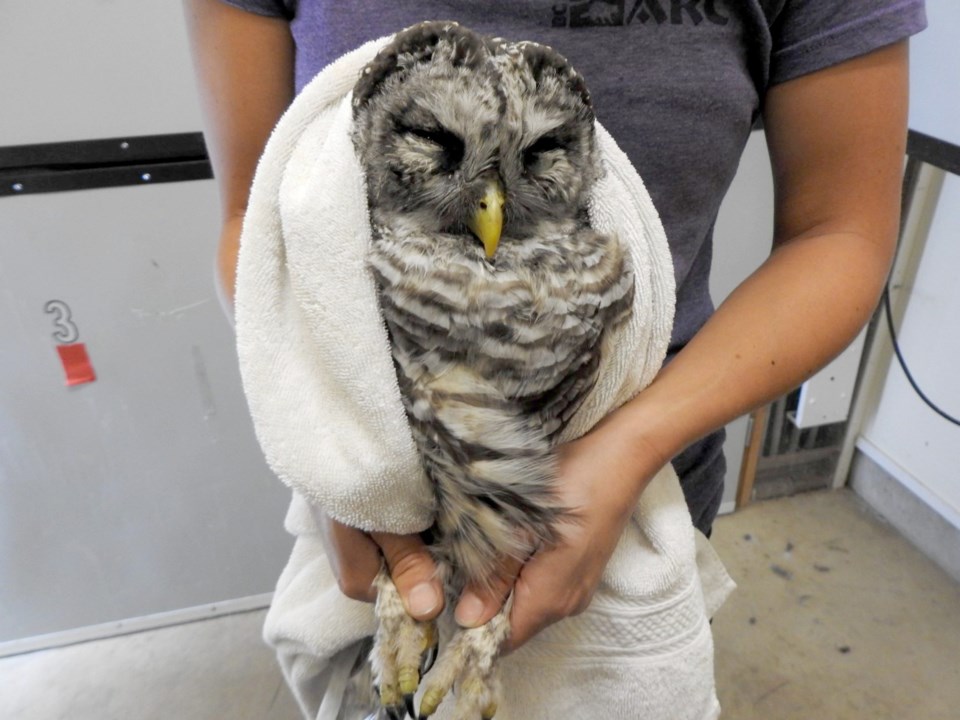As the days grow shorter and people are driving in the dark more often, there is a greater risk of collisions with wildlife, according to the BC SPCA.
In British Columbia, there are more than 10,000 animal-related collisions ever year. This number is likely much higher because it only includes incidents that are reported and doesn’t include injured animals that get away, says an SPCA press release.
BC SPCA offers the following tips for avoiding collisions with wildlife:
• Keep headlights clean and, when safe, use high beams.
• Be aware of wildlife crossing signs.
• Slow down and drive carefully, especially at dawn and dusk, when there is reduced light and animals are more active.
• Do not toss food scraps, such as apple cores or banana peels, on the side of the road.
Food scraps may be biodegradable but discarded organic matter attracts wild animals, which can get hit by cars as they investigate and try to eat these items.
As well, rodents that are attracted to the food can act as a lure for predators, such as hawks, eagles and owls, which are also in danger of being hit by cars.
For example, the SPCA’s Wild Animal Rehabilitation Centre (Wild ARC) recently admitted a barred owl (left) that was found clinging to life at the side of the road in the Cordova Bay area.
The owl was lethargic and had suffered head trauma. It’s likely that this owl was foraging for food by the side of the road at the time of the collision. Wild ARC staff and volunteers monitored the owl closely for weeks and the animal made a full recovery. This fully healed and healthy barred owl was released near where they were originally found.
“Discarded food can draw wildlife closer to roadways, and with the decreased light during this time of year, will certainly increase the chance of collisions with wildlife,” said Dr. Sara Dubois, BC SPCA’s chief scientific officer.
“If you are driving during the holidays this year, please be aware of wildlife and drive with consideration to animals.”
If animals learn that roadways are a good source of food, they will often return or stay to search for a meal. Collisions with animals are also dangerous for drivers as incidents can damage their vehicles or cause injury to all parties involved.
Animals can also become habituated by food not just left beside roadways, but along walking trails, campgrounds, and even backyards, so it is important to properly dispose of biodegradable waste to avoid animal encounters in all outdoor spaces.
Wild animals may suffer when they eat human food instead of their natural diet, and the SPCA said if you have food waste, properly dispose of it in a waste or compost bin.Â



